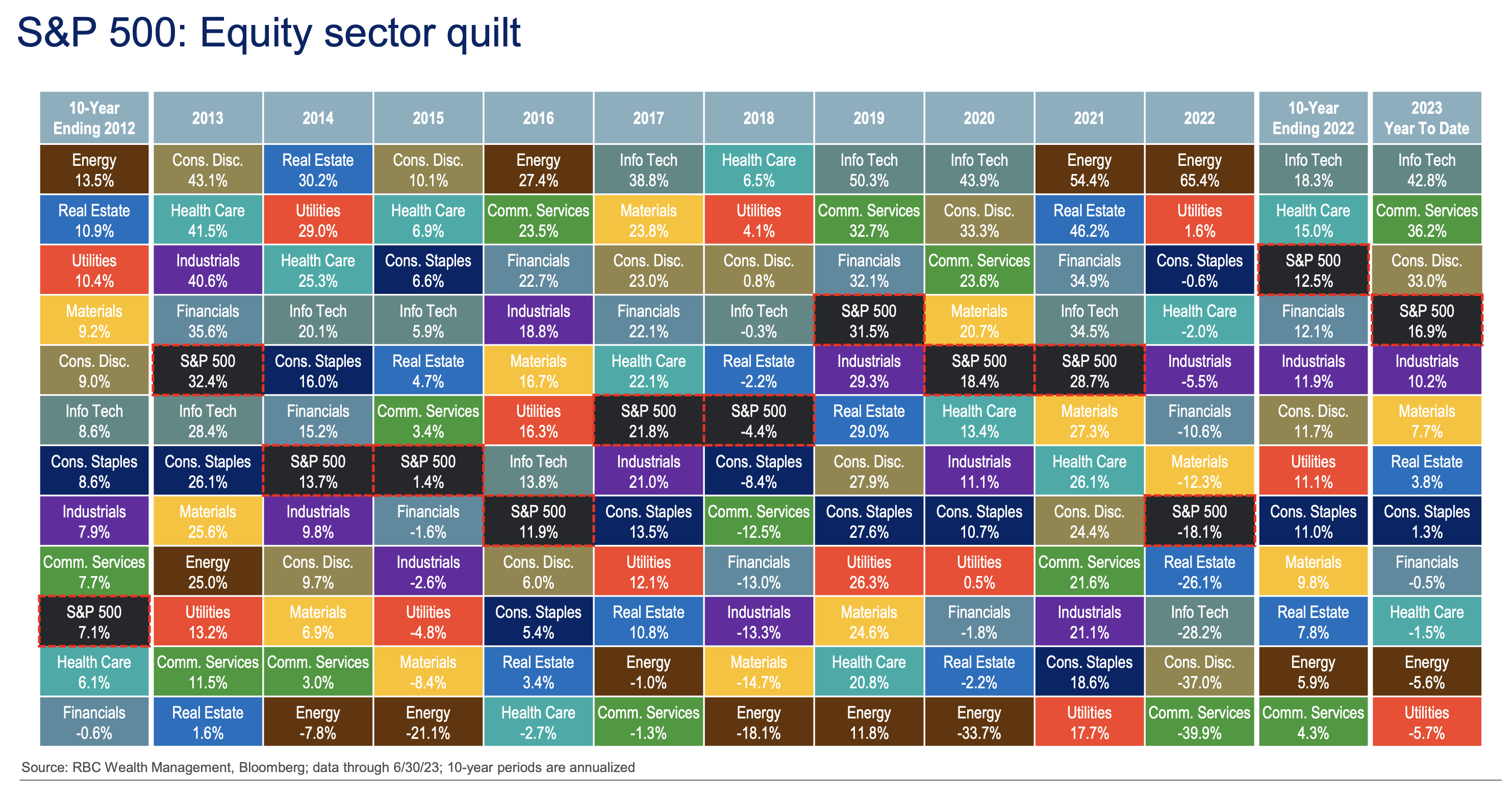ARE YOU PREPARED? ARE YOU SURE?
Do you know what percentage of Canadian adults don’t have a will?
52%. Those people could leave a mess for their families, and potentially a lot more tax for the CRA than necessary. But the problem is much worse than that.
The 52% figure does not include people who have an out-of-date will, one that doesn’t reflect their current wishes, one that has outdated information, or one that names executors who have moved, died or are unwilling to accept the role. So that 52% figure only scratches the surface of the unnecessary stress and suffering that lies ahead.
Amid the grief of dealing with the loss of their loved one, families will be forced to navigate the complex process of settling an estate in the absence of a will, known as dying intestate. And it could take years. It can easily take two years even if there is a valid will, and it will take much longer if there isn’t.
If you happen to be in that 52%, or the other cohorts above, let’s talk. The task of organizing your estate might seem overwhelming at first, but once you take that first step, it won’t feel that way. We have all the experts you need, right here at RBC, to help with every aspect - from estate planners to insurance specialists to trust experts and more.
As you will see, a will is just one (very important) component of the comprehensive approach we take. Here are some key terms.
Estate Planning:
The process of organizing one’s estate, which is everything an individual owns or owes, and establishing a collection of legal documents outlining how the estate should be distributed in the event of death. Estate planning also includes establishing how financial and health decisions should be managed while the individual is still alive in the event of incapacity. An estate plan is the written record that sets forth these wishes.
Will:
Functions as the guiding legal document in the administration of an estate. A will is where an individual has outlined their wishes about how their property and possessions are to be distributed following their death, as well as a personal representative, known as an executor, who is responsible for distributing these assets. Choice of executor is one of the most important decisions you will make in your lifetime, and because the job is so challenging and time-consuming, an increasing number of our clients are choosing to appoint a professional executor instead of a family member or friend. Our experts at RBC Royal Trust provide this service.
Power of Attorney (POA):
Estate planning documents that apply while a person is alive in the event of illness or incapacity, which appoint a trusted individual or professional with the authority to make decisions on the person’s behalf. There are two types of POA: for personal care and for property.
Advance Care Planning (ACP):
The process by which a person expresses what they wish to happen should they become incapable of consenting to or refusing treatment or personal care, including deciding who will make decisions on their behalf.
--
I am proud to serve multiple generations of many families. And what I often see among the younger generation, those with aging parents, is great stress. No matter what, helping parents make decisions about moving to a retirement home, assisted living or long-term care is going to be difficult. However, it can be made less so by doing proper planning in advance.
By the way, here is an increasingly popular way of 1.not leaving a mess and 2.paying much less tax than you otherwise would: giving some money away while you are still alive. An outright gift of cash to your children or loved ones, for example, attracts zero tax (note that a gift of real estate or stock could trigger a capital gain). Then of course there is charitable giving while alive - getting to enjoy the impact of your gift while you are still here.
And I am here if you are ready to talk.
HERE’S A FUN EXPERIMENT
Try googling “Google trial.”
You could be forgiven, for at least a couple of reasons, for not knowing that Google is even on trial (in the United States, for illegally using their size to maintain a monopoly). The first reason being something I learned right after the trial began in September: that a Google search for stories about the trial yielded a surprisingly small number of results. Although I have no hard evidence to back it up, it just seemed very convenient for Google that such a massive story was, apparently, barely findable on the internet.
I googled that same term on October 2nd, and things have changed for the better, as many stories now appear.
A second reason for the sparse news is that Google convinced the trial judge to block public access to the case. From The Guardian:
“Google successfully petitioned Judge Amit Mehta to block public access to both evidence and testimony throughout the opening weeks of the trial, arguing that trade secrets could be disclosed. Even before the trial began, Mehta agreed with Google’s lawyers that public audio and video of the trial should be prohibited to prevent any potential undue harm to the company.”
Stay diversified, stay invested
What is the upshot for our clients? First, stay diversified. The stock price of Alphabet, Google’s parent company, is up 50% year to date. Those kinds of results could take a dramatic downward turn if Google loses its case and is broken into two or more companies, as almost happened to Microsoft after losing its antitrust trial in the 1990s (for using Internet Explorer to abuse Microsoft’s monopoly power). In that case, the judge’s order was overturned by a higher court, and Microsoft was allowed to stay in one piece, but as Vox reports:
“While Microsoft was tied up in court, paying billions in fines, afraid to make any major moves that could incur more government wrath and no longer allowed to gatekeep the internet through its browser, new companies like Google emerged.”
You may remember the “equity quilt” from the July edition of Jason’s Journal. Here it is again. It shows us that the different sectors of the equities market bounce around unpredictably, and as a result, we should do two things:
1
Stay diversified. It is unwise to bet on just one or a few market sectors.
2
Stay invested long term, if your goal is long-term growth. Look at the info/tech sector and see how wildly it went down and up between 2018 and 2022…but that it still enjoyed the highest 10-year returns of any sector at 18.3%.
So it is always worth repeating: stay diversified, stay invested.

SHOULD YOU CARE ABOUT A SHUTDOWN?
Actually, a shutdown of the US government was averted September 30th. But shutdowns, which a BBC article calls a “uniquely American phenomenon,” have happened 10 times in the last 40 years or so. The BBC story, which is an interesting read, asks why government shutdowns only seem to happen in the US. We are more interested in the affect, if any, on the markets.
Here is what a Reuters analysis reveals: “In the past 20 government shutdowns, the S&P 500 stayed relatively flat, with the benchmark index losing an average 0.4% the week before a shutdown and gaining 0.1% by the end of a shutdown.”
There you have it. US government shutdowns are not a reason for concern.
THE FAMILY FILES
Our kids are growing up. A new school year is in full swing. Cara is in grade 4 and enjoying soccer. Jake is in grade 7, in the same building as high schoolers, and is enjoying some new freedoms, including a locker of his own and leaving school at lunchtime. He is also enjoying cooking in home economics class.
We went as a family to see the Calgary Cavalry play, and it was a terrific experience. The crowd was having lots of fun, the prices are reasonable and the home side won (and finished first overall in the regular season).
Tara and I again ran Melissa’s Road Race this year, in Banff, with friends. We also went for a 15-kilometre hike in beautiful Kananaskis. It won’t be long before that kind of outing will have a much more wintry feel.
On that note, happy fall!


--
The greatest compliment we can receive is a referral to someone you care about who would appreciate the same value we take pride in giving you. If you have someone in mind, feel free to contact me at any time. Thank you very sincerely.
